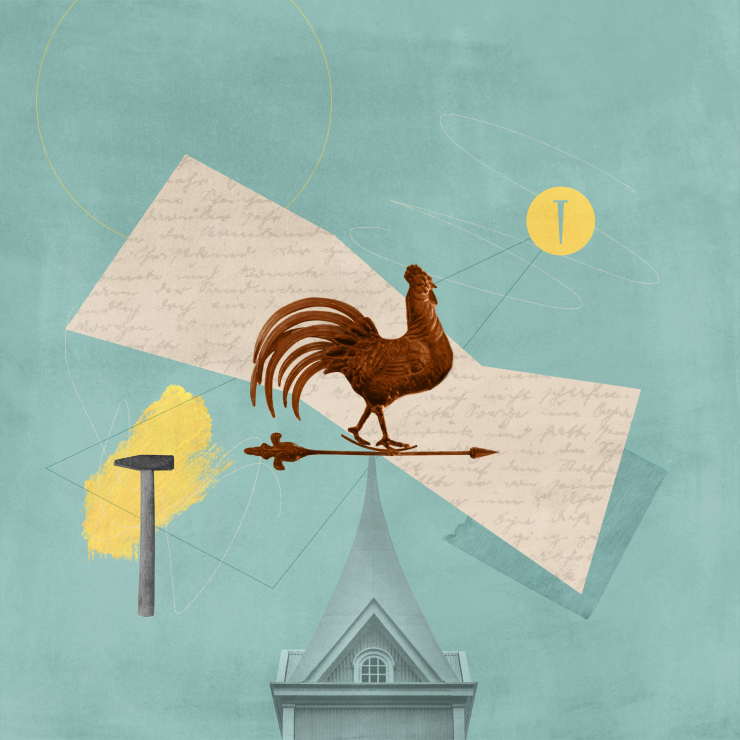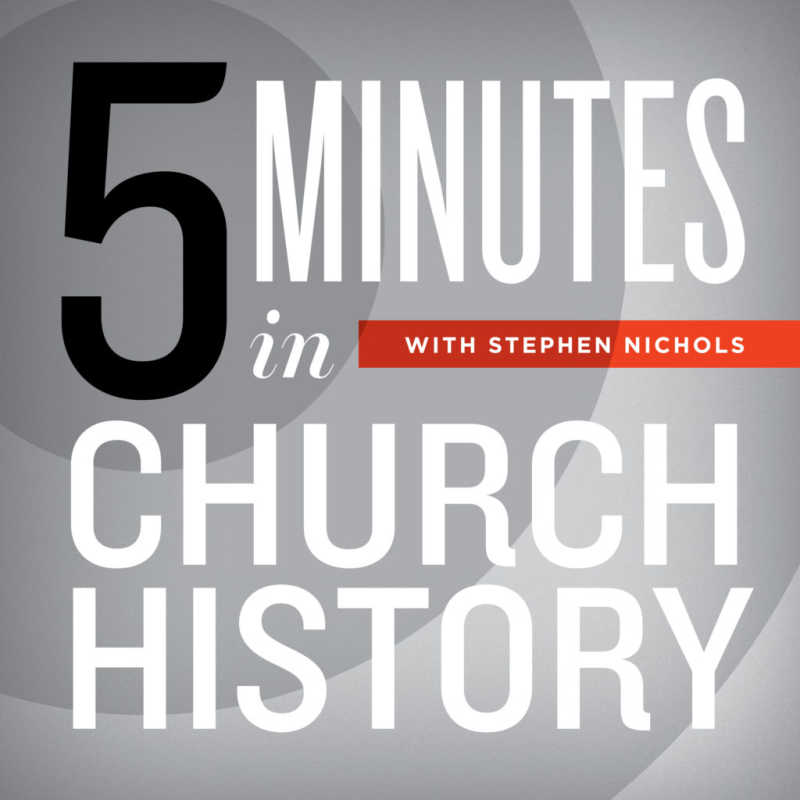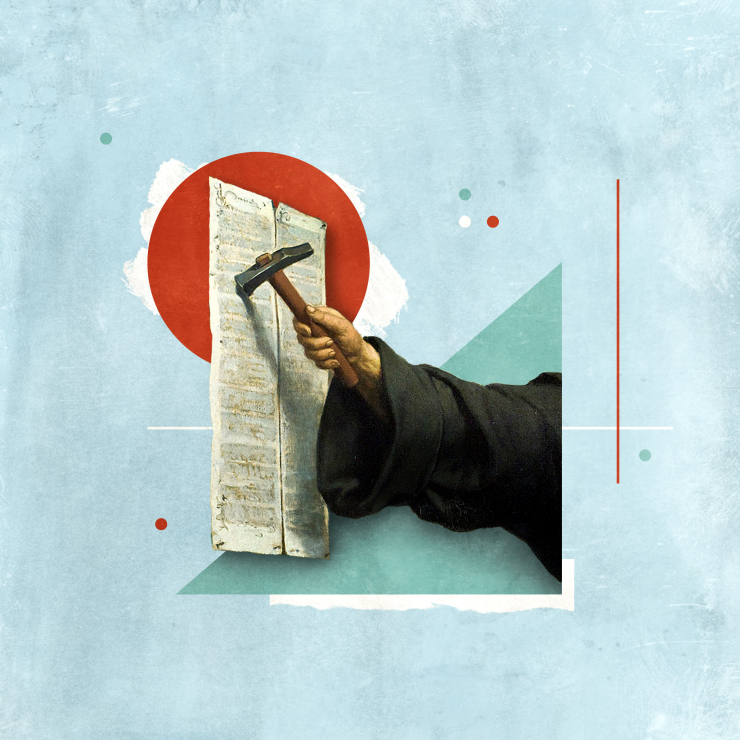Happy Reformation Day, TD!
For those of you who need a quick brushing up on what Reformation Day is, we are here to help, courtesy of our friends at Ligonier Ministries:
What Is Reformation Day?

2 Min Read
A single event on a single day changed the world. It was October 31, 1517. Brother Martin, a monk and a scholar, had struggled for years with his church, the church in Rome. He had been greatly disturbed by an unprecedented indulgence sale. The story has all the makings of a Hollywood blockbuster. Let’s meet the cast.
First, there is the young bishop—too young by church laws—Albert of Mainz. Not only was he bishop over two bishoprics, he desired an additional archbishopric over Mainz. This, too, was against church laws. So Albert appealed to the pope in Rome, Leo X. From the De Medici family, Leo X greedily allowed his tastes to exceed his financial resources. Enter the artists and sculptors, Raphael and Michelangelo.
When Albert of Mainz appealed for a papal dispensation, Leo X was ready to deal. Albert, with the papal blessing, would sell indulgences for past, present, and future sins. All of this sickened the monk Martin Luther. Can we buy our way into heaven? Luther had to speak out.
But why October 31? November 1 held a special place in the church calendar as All Saints’ Day. On November 1, 1517, a massive exhibit of newly acquired relics would be on display at Wittenberg, Luther’s home city. Pilgrims would come from all over, genuflect before the relics, and take hundreds, if not thousands, of years off time in purgatory. Luther’s soul grew even more vexed. None of this seemed right.
Reformation Day celebrates the joyful beauty of the liberating gospel of Jesus Christ.
Martin Luther, a scholar, took quill in hand, dipped it in his inkwell and penned his Ninety-Five Theses on October 31, 1517. These were intended to spark a debate, to stir some soul-searching among his fellow brothers in the church. The Ninety-Five Theses sparked far more than a debate. The Ninety-Five Theses also revealed the church was far beyond rehabilitation. It needed a reformation. The church—and the world—would never be the same.
One of Luther’s Ninety-Five Theses simply declares, “The Church’s true treasure is the gospel of Jesus Christ.” That alone is the meaning of Reformation Day. The church had lost sight of the gospel because it had long ago papered over the pages of God’s Word with layer upon layer of tradition. Mere tradition often brings about systems of works, of earning your way back to God. It was true of the Pharisees, and it was true of medieval Roman Catholicism. Didn’t Christ Himself say, “My yoke is easy and My burden is light”? Reformation Day celebrates the joyful beauty of the liberating gospel of Jesus Christ.
What is Reformation Day? It is the day the light of the gospel broke forth out of darkness. It was the day that began the Protestant Reformation. It was a day that led to Martin Luther, John Calvin, John Knox, and many other Reformers helping the church find its way back to God’s Word as the only supreme authority for faith and life and leading the church back to the glorious doctrines of justification by grace alone, through faith alone, in Christ alone. It kindled the fires of missionary endeavors, it led to hymn writing and congregational singing, and it led to the centrality of the sermon and preaching for the people of God. It is the celebration of a theological, ecclesiastical, and cultural transformation.
So we celebrate Reformation Day. This day reminds us to be thankful for our past and to the monk turned Reformer. What’s more, this day reminds us of our duty, our obligation, to keep the light of the gospel at the center of all we do.
Want to know more? Dr. Nichols delves a little further in his podcast, 5 Minutes in Church History with Stephen Nichols:

Dr. Stephen J. Nichols is president of Reformation Bible College and chief academic officer for Ligonier Ministries. He is author of more than twenty books, including Beyond the 95 Theses, A Time for Confidence, and R.C. Sproul: A Life.
Oh, you want still more? OK, happy to oblige. Rev. Robert Rothwell also shares the following for Ligonier Ministries:
What Happened on Reformation Day?

2 Min Read
On October 31, much of the culture will be focused on candy and things that go bump in the night. Protestants, however, have something far more significant to celebrate on October 31. It’s Reformation day, which commemorates what was perhaps the greatest move of God’s Spirit since the days of the Apostles. But what is the significance of Reformation Day, and how should we consider the events it commemorates?
At the time, few would have suspected that the sound of a hammer striking the castle church door in Wittenberg, Germany, would soon be heard around the world and lead ultimately to the greatest transformation of Western society since the apostles first preached the Gospel throughout the Roman empire. Martin Luther’s nailing of his Ninety-Five Theses to the church door on October 31, 1517, provoked a debate that culminated finally in what we now call the Protestant Reformation.
An heir of Bishop Augustine of Hippo, Martin Luther is one of the most significant figures God has raised up since that time. This law student turned Augustinian monk became the center of a great controversy after his theses were copied and distributed throughout Europe. Initially protesting the pope’s attempt to sell salvation, Luther’s study of Scripture soon led him to oppose the church of Rome on issues including the primacy of the Bible over church tradition and the means by which we are found righteous in the sight of God.
Luther recaptured the biblical view of the priesthood of all believers, showing all people that their work had purpose and dignity because in it they can serve their Creator.
This last issue is probably Luther’s most significant contribution to Christian theology. Though preached clearly in the New Testament and found in the writings of many of the church fathers, the medieval bishops and priests had largely forgotten the truth that our own good works can by no means merit God’s favor. Salvation is by grace alone through faith alone, and good works result from our faith, they are not added to it as the grounds for our right standing in the Lord’s eyes (Eph. 2:8-10). Justification, God’s declaration that we are not guilty, forgiven of sin, and righteous in His sight comes because through our faith alone the Father imputes, or reckons to our account, the perfect righteousness of Christ (2 Cor. 5:21).
Martin Luther’s rediscovery of this truth led to a whole host of other church and societal reforms and much of what we take for granted in the West would have likely been impossible had he never graced the scene. Luther’s translation of the Bible into German put the Word of God in the hands of the people, and today Scripture is available in the vernacular language of many countries, enabling lay people to study it with profit. He reformed the Latin mass by putting the liturgy in the common tongue so that non-scholars could hear and understand the preached word of God and worship the Lord with clarity. Luther lifted the unbiblical ban on marriage for the clergy and by his own teaching and example radically transformed the institution itself. He recaptured the biblical view of the priesthood of all believers, showing all people that their work had purpose and dignity because in it they can serve their Creator.
Today, Luther’s legacy lives on in the creeds and confessions of Protestant bodies worldwide. As we consider his importance this Reformation Day, let us equip ourselves to be knowledgeable proclaimers and defenders of biblical truth. May we be eager to preach the gospel of God to the world and thereby spark a new reformation of church and culture.
Rev. Robert Rothwell is senior writer for Ligonier Ministries, associate editor of Tabletalk magazine, resident adjunct professor at Reformation Bible College, and associate pastor of Spruce Creek Presbyterian Church in Port Orange, Fla.



